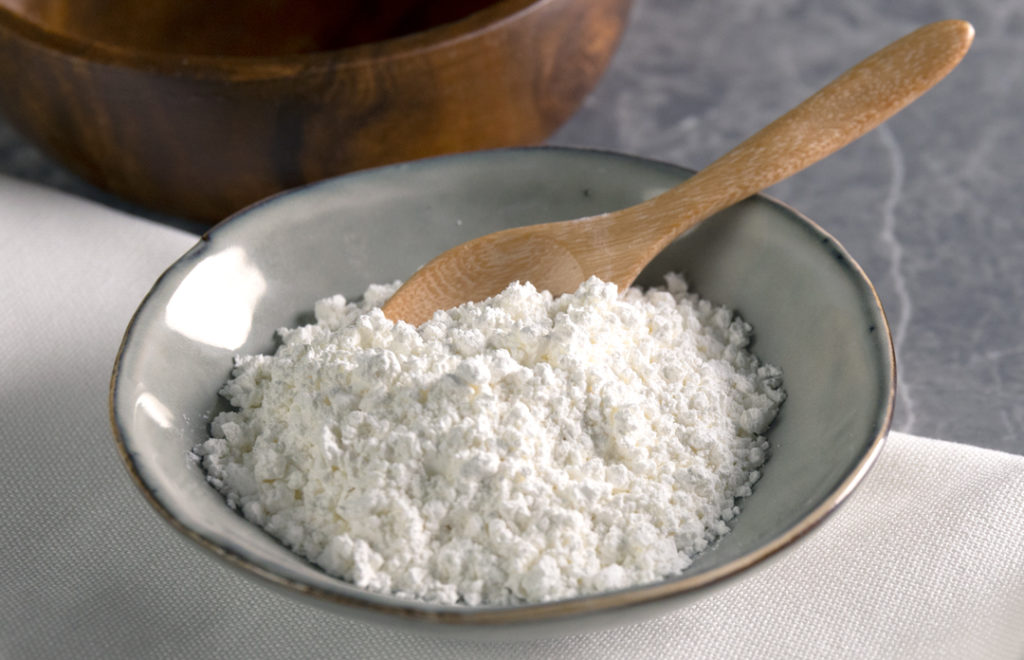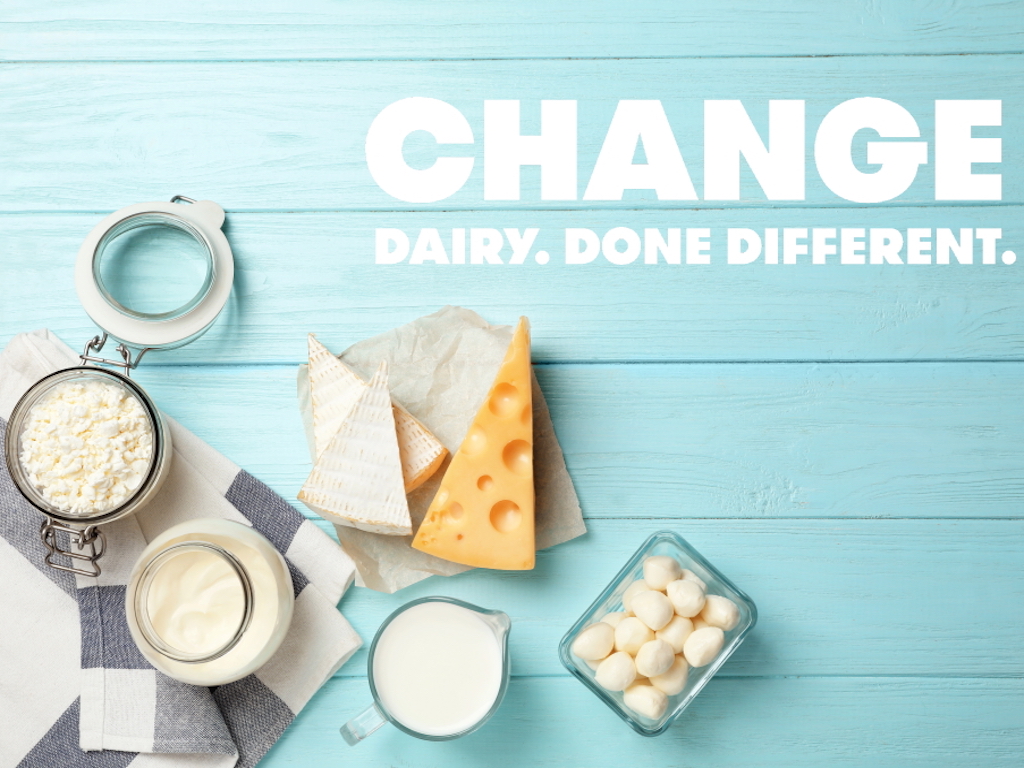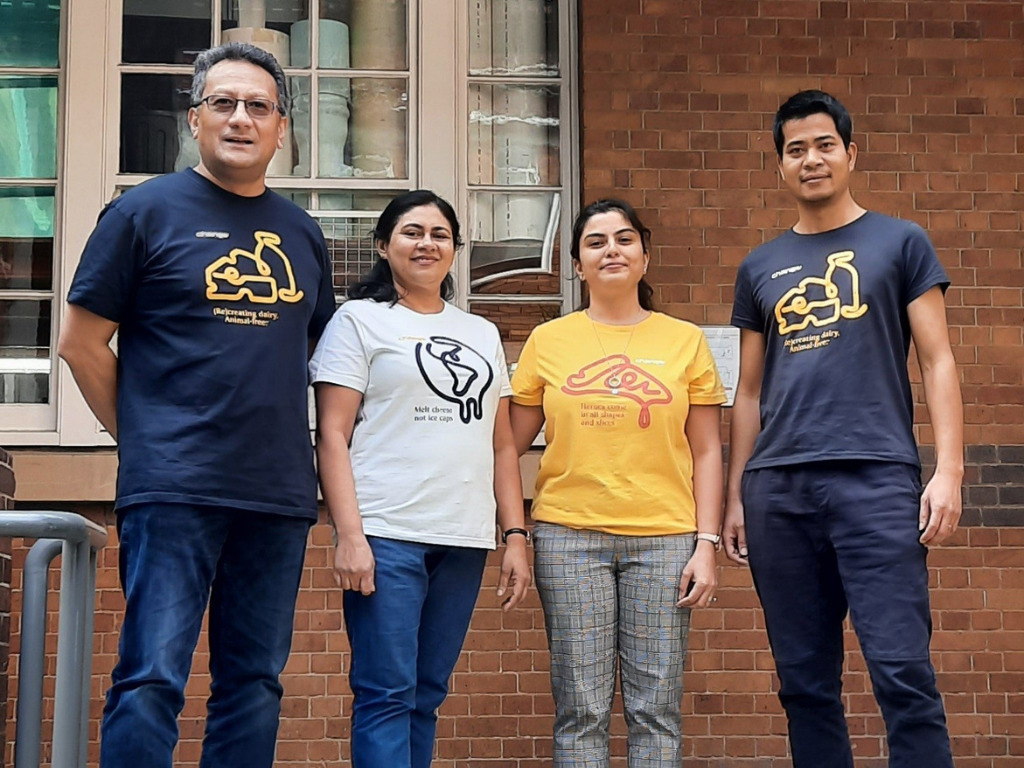4 Mins Read
US-Australian food tech Change Foods has secured a $1 million grant from the Australian Commonwealth Government to create a platform for upcycling sugarcane fibre waste that will be processed to offer a low-cost and accessible feedstock for Change Foods’ precision fermentation dairy products.
The sugarcane fibre (bagasse) is plentiful in supply and will ensure the supply chain remains domestic in origin, wherever possible. Feedstock development will be conducted by Change Foods and in partnership with the Queensland University of Technology (QUT). The ultimate aim is to drive down the costs of animal-free dairy production.

Using what’s available
Queensland produces around 30 million tonnes of sugarcane every year, leaving 10 million tonnes of fibre behind. As a simple carbohydrate, it offers real potential to become a useful ingredient in the precision fermentation process. The grant to investigate this possibility came about in a bid to propel Australia to the forefront of sustainable foods manufacturing.
“We were successful in winning the grant because of our strong partnership with QUT and the recognition that Queensland – with a wealth of world-leading micro-biologists and access to sugarcane waste – is uniquely positioned to benefit from the shift to synthetic biology and future food manufacturing,” Tom Davies, vice president of research and operations (APAC) for Change Foods said in a statement “We are developing more sustainable food solutions that are not dependent on animal agriculture – a major source of greenhouse emissions, and further reducing our impact by upcycling of waste to promote the circular economy.”

A sustainability twofer
Animal agriculture accounts for 57 percent of all food production emissions globally. The food sector as a whole takes credit for 35 percent of all greenhouse gas emissions created. To prevent the planet’s temperature from rising by more than 1.5°C, emissions need to be reduced by between 40 and 50 percent. It stands to reason that animal agriculture needs to be reduced significantly to make a meaningful contribution to sustainability efforts.
Traditional cow’s milk is one of the main emissions culprits, after beef production. Removing cows from the food production system will vastly reduce emissions, namely methane. Change Foods looks to do this by developing animal-free dairy using precision fermentation.
If the US-Australian company can perfect the process of turning waste sugarcane fibre into viable feedstock for its vegan casein alternative, it will create a sustainability double-win. Not only will livestock farming be potentially obsolete, but dairy alternatives could contribute to a circular economy model as well.

Globally positioned for disruption
Last year, Change Foods made the move to Silicon Valley, in a bid to position itself at the heart of food tech innovations. It set up home in BioCube San Jose and has since closed a $12 million seed extension round. Total company seed financing has now reached $15.3 million, a record for the precision fermentation sector.
All funding is being channelled into continued R&D ahead of an animal-free dairy commercial launch, planned for 2024. The new agreement to upcycle sugarcane fibre appears to have delayed projected launch timescales, though it should also assist with reaching price parity with conventional dairy.

Animal-free dairy as the future?
The term animal-free dairy is still proving a little confusing, especially in terms of whether or not they can be considered vegan. However, Change Foods is not the only company looking to usurp cows from the production system.
California’s Perfect Day is one of the undisputed leaders in the precision fermentation dairy sector. Having successful produced animal-free dairy proteins, the company now supplies them to a variety of other brands to enhance their own products. Chocolate, ice cream and protein powder are all proving successful. The startup’s success has spurred global competitors on, with names including the U.K.’s Mighty and France’s Bon Vivant looking to tap into the trend.
All photos by Change Foods.




